Will prison radicalize Jan. 6 rioters?
Hundreds of rioters have been sentenced to years behind bars. Will the American prison system only radicalize them even more?

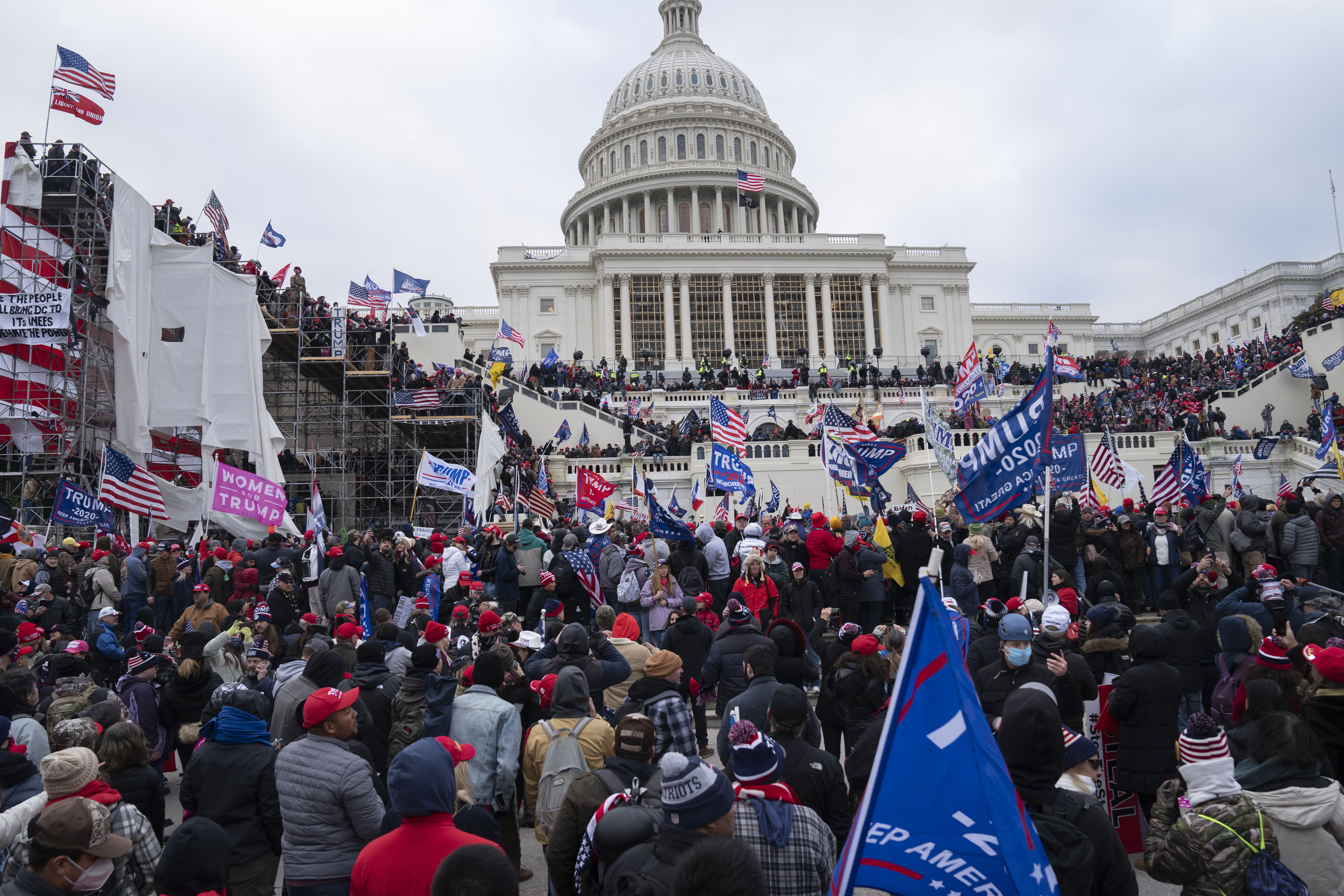
A free daily email with the biggest news stories of the day – and the best features from TheWeek.com
You are now subscribed
Your newsletter sign-up was successful
It's been more than two years since a mob of Donald Trump supporters stormed the U.S. Capitol in an ultimately unsuccessful attempt to subvert the former president's 2020 electoral loss. Since then, the Jan. 6 attack has resulted in a historic second presidential impeachment, separate congressional and Justice Department investigations, and nearly a thousand arrests — hundreds of which have ended in convictions and prison sentences.
As of Jan. 2023, nearly two hundred Jan. 6 rioters have been sentenced to prison, with sentences ranging from a few months behind bars to 10 years, as in the case of retired NYPD officer Thomas Webster, who was convicted for assaulting a D.C. Metropolitan police officer during the riot. While Webster himself was contrite and emotionally apologetic during his sentencing, a number of riot participants — particularly those housed in what became known as the "patriot wing" of the D.C. Correctional Treatment Facility — enjoyed a measure of pre-trial jailhouse notoriety in certain right-wing circles. Some GOP lawmakers championed them as "political prisoners," while conservative advocacy groups encouraged the public to "connect" with a "1/6er" or even "adopt" their family.
With more arrests and convictions likely to come, there are some who have begun questioning what will happen to Jan. 6 participants now that many are behind bars, and — perhaps more crucially — what to expect upon their release.
The Week
Escape your echo chamber. Get the facts behind the news, plus analysis from multiple perspectives.

Sign up for The Week's Free Newsletters
From our morning news briefing to a weekly Good News Newsletter, get the best of The Week delivered directly to your inbox.
From our morning news briefing to a weekly Good News Newsletter, get the best of The Week delivered directly to your inbox.
How many people are we talking about here?
At least 978 people have been arrested and charged for their role in the Capitol attack — many on counts of entering restricted space and property damage, and the overwhelming bulk of whom are male. Of those arrestees, 465 have pleaded guilty, and 335 have actually received criminal sentences, according to Forbes' analysis of Justice Department data. In total, at least 185 have been given prison time (as opposed to supervised release). A 2022 assessment by terrorism and extremism expert Michael Jensen for The Washington Post concluded that "approximately 35 percent of the Capitol defendants" at the time had connections with various conspiracy or extremist groups such as the Proud Boys, Oath Keepers, and Three Percenters — an "astounding" number that should "shake us to our core."
What's the concern?
Writing in The Daily Beast less than a year after the riot, counterterrorism expert Aki Peritz posed a straightforward question, asking if "the U.S. is helping the Jan. 6 rioters plan a sequel from behind bars." For context, Peritz looked to the so-called "patriot wing" of the D.C. Correctional Treatment Facility, where several dozen alleged insurrectionists stayed separated from the rest of the jail population while engaging in "seemingly small, communal action" such as nightly recitations of the Star Spangled Banner, and the distribution of a handwritten jailhouse newsletter, to which "we would all contribute [...] and pass it cell to cell," one inmate explained.
These coordinated were, Peritz concluded, "exactly how other radical groups organized and forged their identity in prisons" while providing "others who may be wavering in their anti-democratic feelings under adverse conditions" an outlet in which to grow their resentment.
In the case of alleged riot participants, that resentment can contain a racial component, as Jan. 6 arrestee Ronald Sandlin claimed in court, arguing, per Politico, that there is "racial tension between minority guards and the largely white defendants, some of whom have been publicly accused of membership in or association with white supremacist groups." Sandlin, who later pleaded guilty to a variety of charges and has been sentenced to 63 months in prison, has himself been associated with the far-right "boogaloo" accelerationist movement.
A free daily email with the biggest news stories of the day – and the best features from TheWeek.com
Is there a precedent for these concerns?
There very much is. Citing a spate of European terror incidents, such as the 2015 attack on the satirical Charlie Hebdo magazine, and the Madrid train bombings nearly a decade prior, Peritz notes that "numerous individuals who had carried out terror operations in Europe had been turned from rootless, run-of-the-mill criminals to something much worse while incarcerated." Moreover, with the public support some Trump-supporting lawmakers (and Trump himself) have given to those jailed for participating in the Capitol attack, Peritz points out that "a jail sentence paradoxically provides a degree of gravitas to a subset of individuals, easing their way to recruit new people on the outside to the cause."
While prison radicalization is, itself, a well-documented phenomenon, some experts see an added dynamic in the path to extremism that many of the former president's most hardline followers have taken. Speaking with HuffPost in the immediate aftermath of Jan. 6, former Department of Homeland Security assistant secretary of counterterrorism Elizabeth Neumann described Republicans in particular as being "extremely vulnerable" to outreach from white nationalist groups, thanks in large part to Trump's having sowed complementary "seeds of grievances" over the course of his administration. Trump, under whom Neumann worked until early 2020, has created what amounts to a "common values system" between Republican voters, and extremists eager to take advantage of those commonalities.
Compounding this dynamic is data from a Marshall Project and Slate survey conducted in the months leading up to Jan. 6, in which a plurality of white inmates were shown to be Trump supporters — a trend in no small part fueled by the particulars of prison life, wherein pre-existing political ideologies, inescapable proximity to one's peers, opportunistic white nationalist gangs, and limited media outlets all coalesce as contributing factors. It is this incarcerated dynamic where the overwhelmingly (but not exclusively) white participants of the insurrection will ultimately land as they serve their prison sentences. Back to Peritz again, who notes that "between the identities strengthened inside a correctional facility, and the obvious slice of political support outside it, we may be seeing the emergence of a new, radical group — with a national network and skilled ideological operatives — ready to menace the streets of America in the years to come."
What can be done?
Ultimately, the process of deradicalization is a difficult one under the best of circumstances. Writing in the Washington Post, University College London Global Politics professor Brian Klaas has suggested that "deprogramming" adherents of Trump conspiracy theories is particularly challenging, due to a combination of Manichaean worldviews, structural bulwarks against debunking, and, crucially, the fact that the "mental image of tinfoil-hat-wearing loners isolated in dark basements is outdated." Instead, Klaas asserts, "they're social." That is to say, a fundamental strength of these radicalization vectors is their communality — hence, the "patriot wing" of the D.C. jail seemingly could strengthen, rather than weaken, the adherence of its occupants.
This isn't to say that deradicalization is impossible. In a 2016 interview with PBS' Frontline, German Institute on Radicalization and Deradicalization Studies director Daniel Koehler described the "broad set of potential tools" he's used in his work deradicalizing neo-Nazis, international terrorists, and other extremists. Among those tools," Koehler said, "there's vocational training, religious counseling, psychological counseling or creative art therapy." He also stressed curating individual deradicalization programs for each participant's unique path to extremism.
Koehler's methodology for deradicalization was first put to use in the United States in 2016, after a group of Minnesotan men were arrested and convicted for attempting to support the terrorist group ISIS. At the time, Chief U.S. District Court Judge John Tunheim voiced his anxiety over the existing penal infrastructure in the United States, telling The Defense Post that "a frustration of ours, which I hope is being remedied … is that the Bureau of Prisons does not have any deradicalization programs, and in fact, you can argue that there's potential for radicalization within the prison system because they're really not looking at this issue."
What doesn't work, Koehler stressed, was simply throwing people in prison as an absolute solution. "We've seen in many other countries that when you arrest one, you create three other extremists. It helps to spread the idea, and proves to the movement that they are right, that they are under attack," he said. With imprisonment alone, "they might come out very angry, very frustrated, and very, very radicalized."
Rafi Schwartz has worked as a politics writer at The Week since 2022, where he covers elections, Congress and the White House. He was previously a contributing writer with Mic focusing largely on politics, a senior writer with Splinter News, a staff writer for Fusion's news lab, and the managing editor of Heeb Magazine, a Jewish life and culture publication. Rafi's work has appeared in Rolling Stone, GOOD and The Forward, among others.
-
 Labor secretary’s husband barred amid assault probe
Labor secretary’s husband barred amid assault probeSpeed Read Shawn DeRemer, the husband of Labor Secretary Lori Chavez-DeRemer, has been accused of sexual assault
-
 Trump touts pledges at 1st Board of Peace meeting
Trump touts pledges at 1st Board of Peace meetingSpeed Read At the inaugural meeting, the president announced nine countries have agreed to pledge a combined $7 billion for a Gaza relief package
-
 Britain’s ex-Prince Andrew arrested over Epstein ties
Britain’s ex-Prince Andrew arrested over Epstein tiesSpeed Read The younger brother of King Charles III has not yet been charged
-
 ‘Poor time management isn’t just an inconvenience’
‘Poor time management isn’t just an inconvenience’Instant Opinion Opinion, comment and editorials of the day
-
 Minnesota’s legal system buckles under Trump’s ICE surge
Minnesota’s legal system buckles under Trump’s ICE surgeIN THE SPOTLIGHT Mass arrests and chaotic administration have pushed Twin Cities courts to the brink as lawyers and judges alike struggle to keep pace with ICE’s activity
-
 ‘Being a “hot” country does not make you a good country’
‘Being a “hot” country does not make you a good country’Instant Opinion Opinion, comment and editorials of the day
-
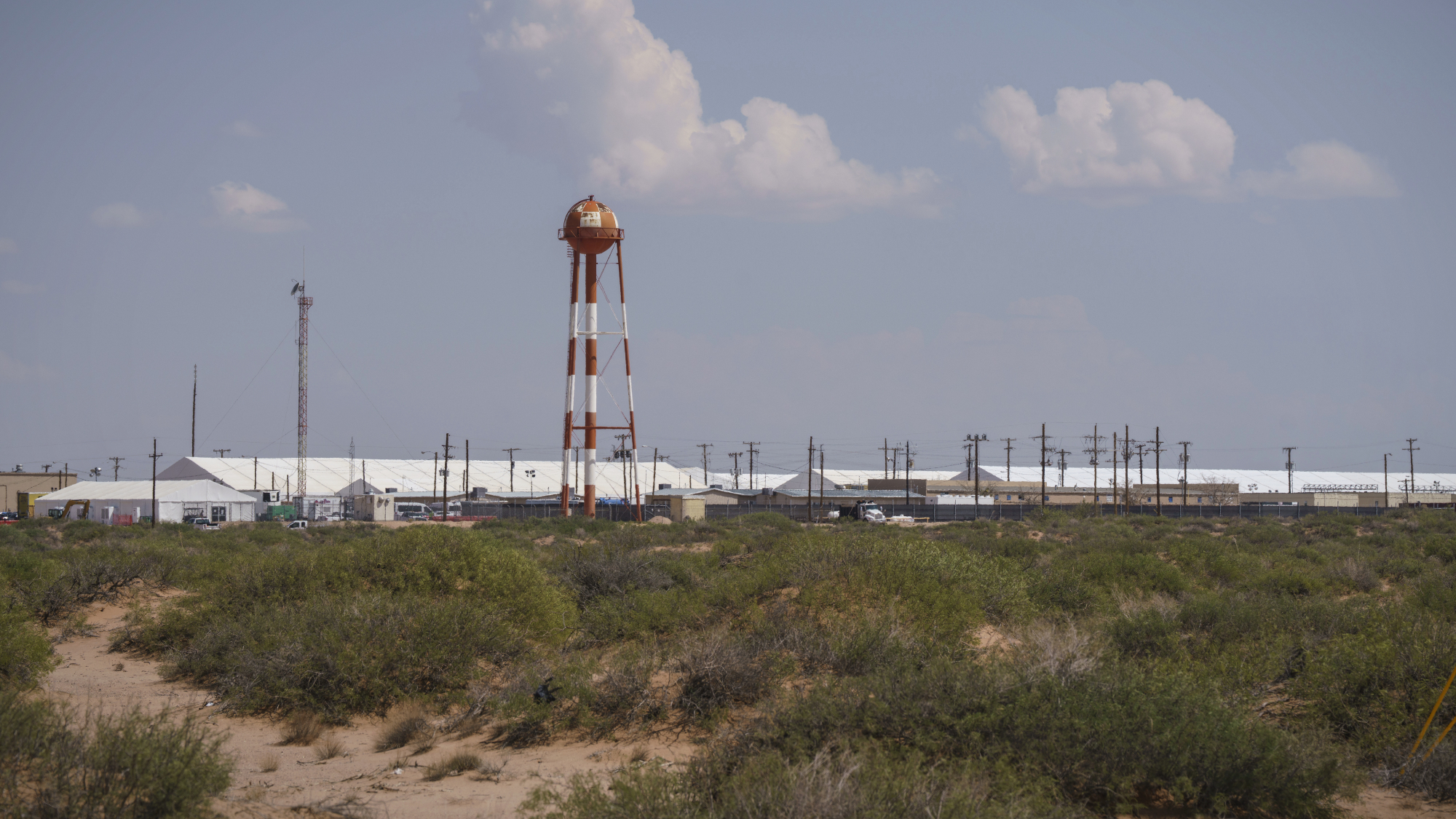 Migrant death in ICE custody ruled homicide
Migrant death in ICE custody ruled homicideSpeed Read Geraldo Lunas Campos, 55, died of asphyxia, the coroner said
-
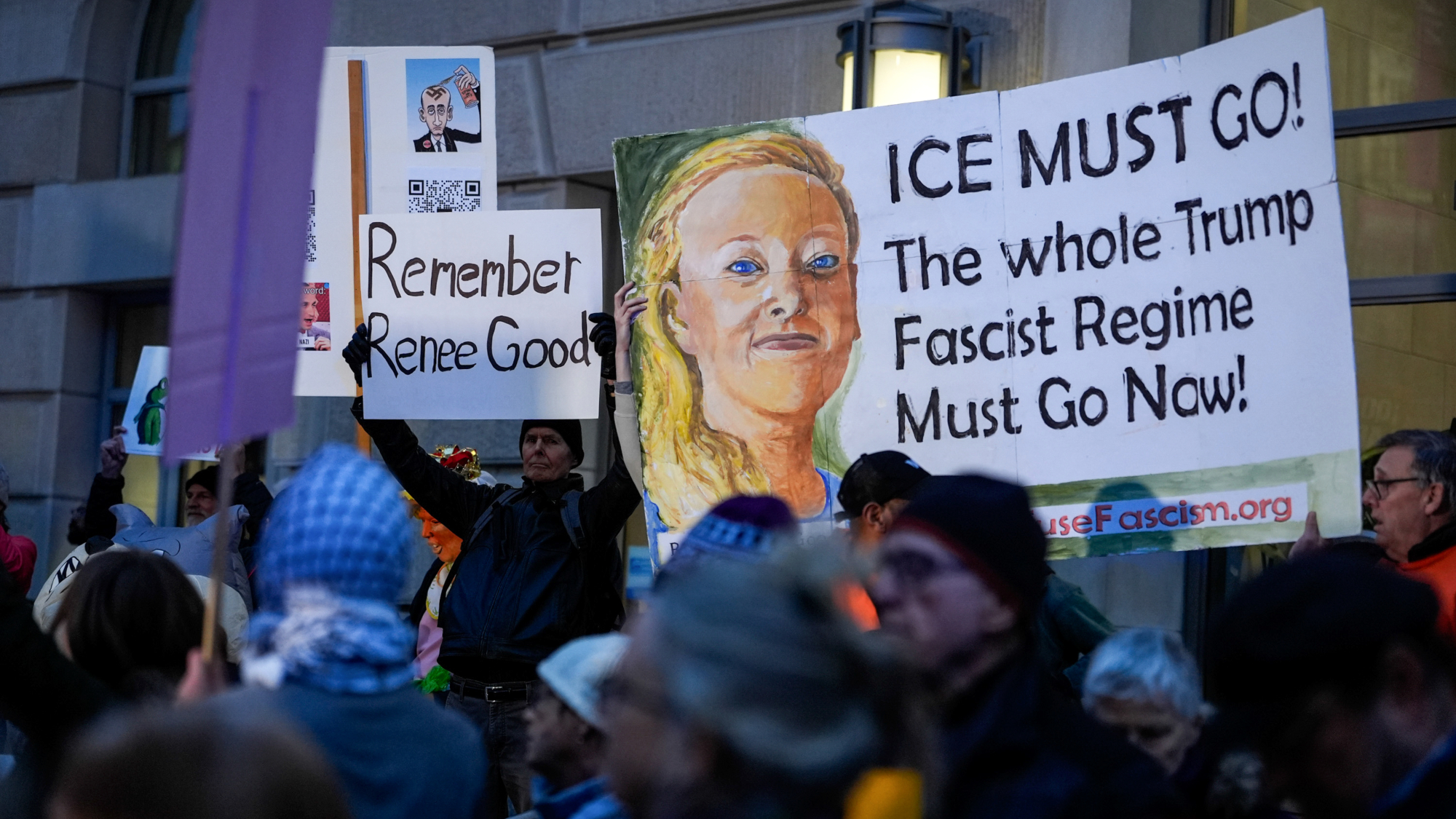 Prosecutors quit as DOJ pushes probe of Good widow
Prosecutors quit as DOJ pushes probe of Good widowSpeed Read At least six prosecutors have resigned in Minnesota
-
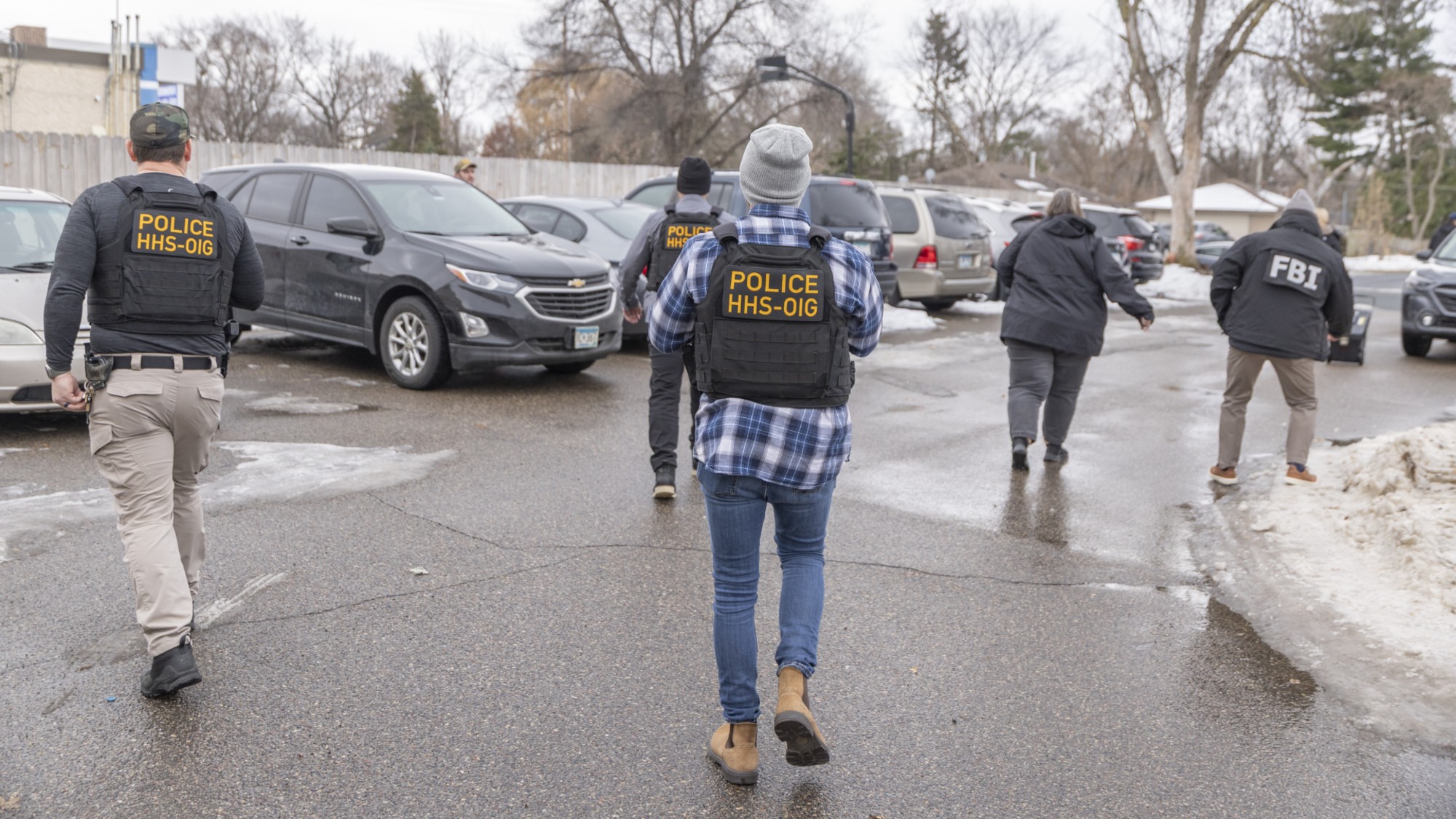 Inside Minnesota’s extensive fraud schemes
Inside Minnesota’s extensive fraud schemesThe Explainer The fraud allegedly goes back to the Covid-19 pandemic
-
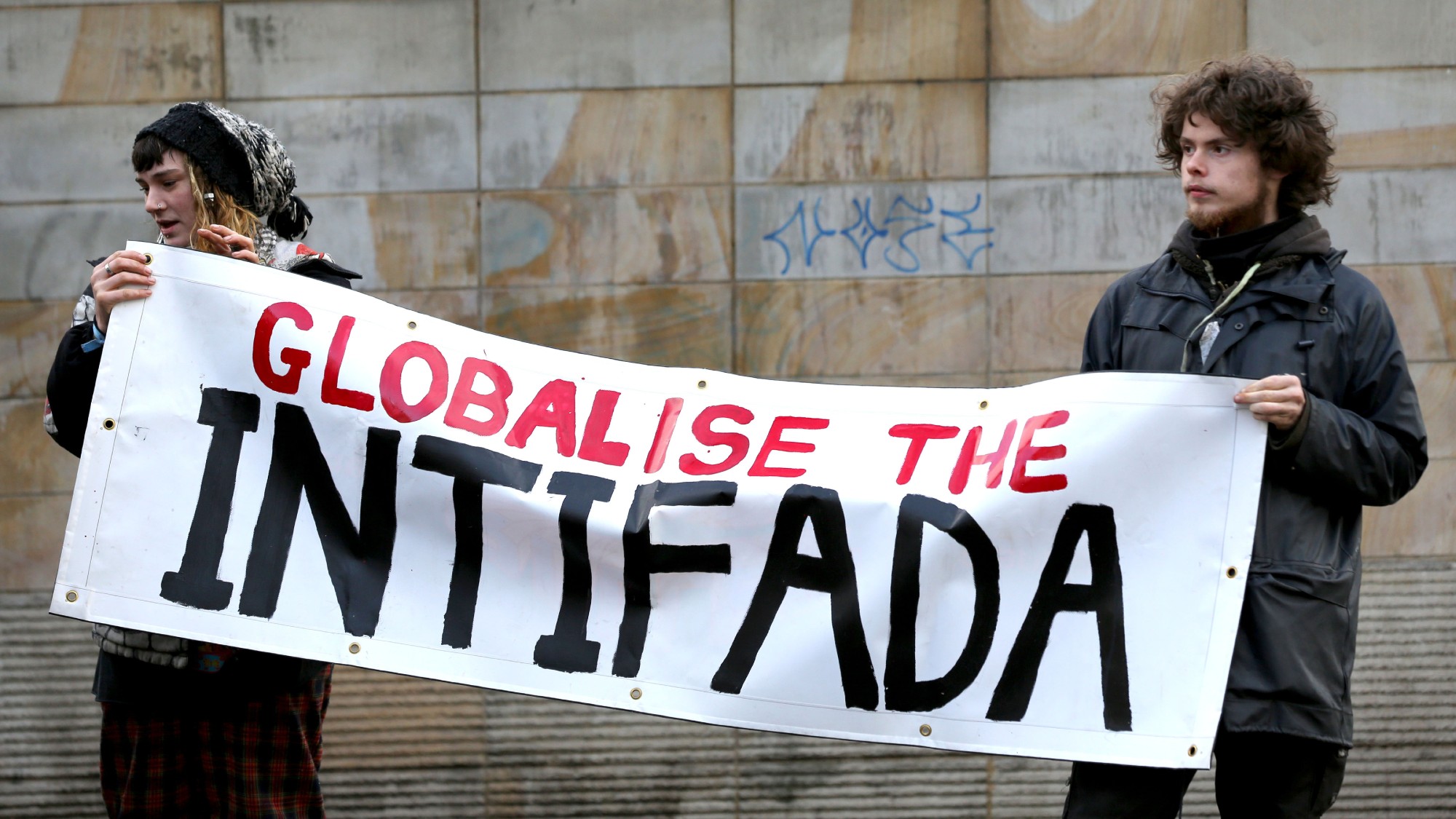 What is the global intifada?
What is the global intifada?The Explainer Police have arrested two people over controversial ‘globalise the intifada’ chants
-
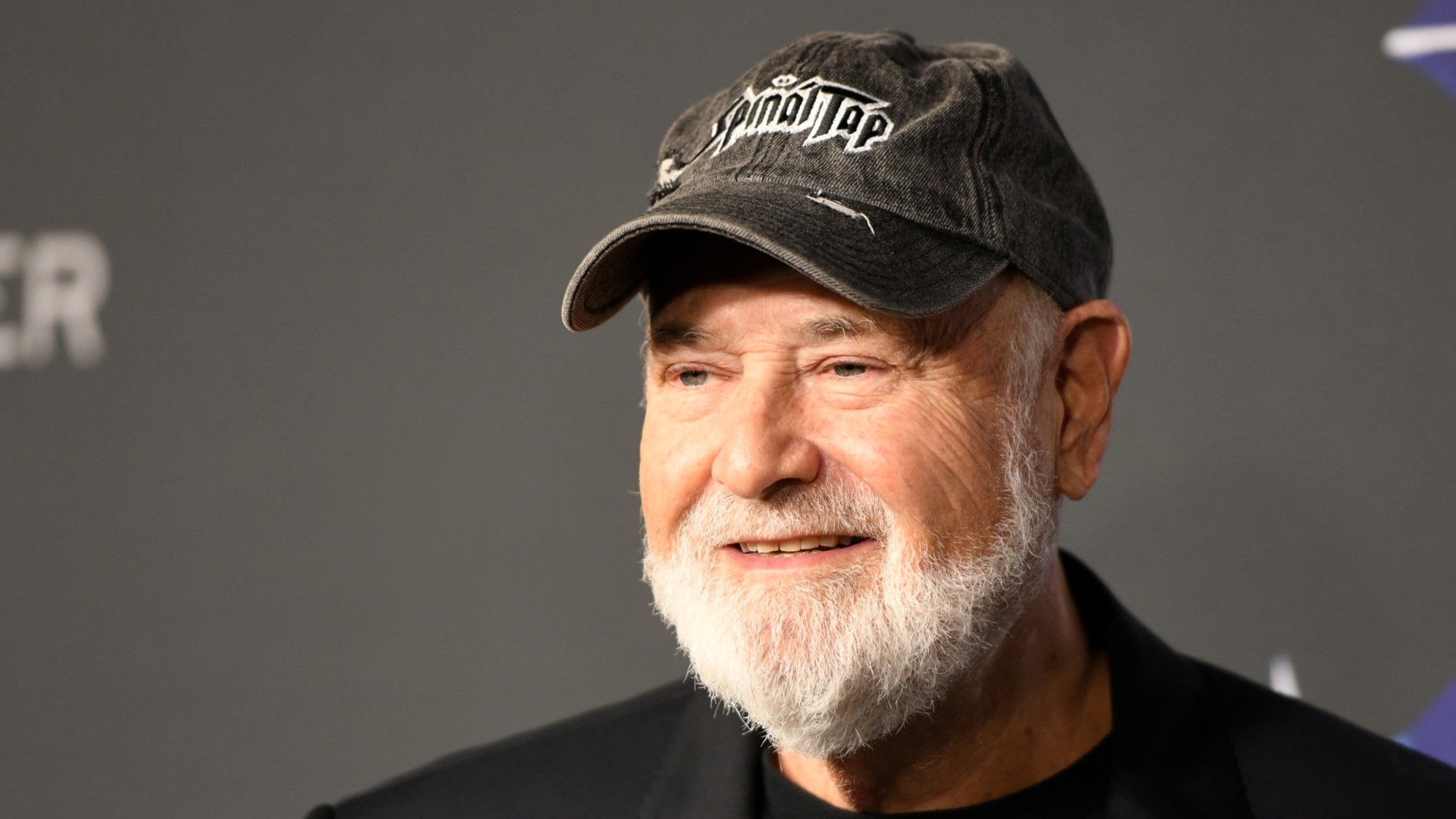 ‘It’s another clarifying moment in our age of moral collapse’
‘It’s another clarifying moment in our age of moral collapse’Instant Opinion Opinion, comment and editorials of the day
